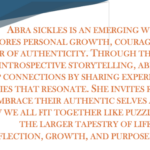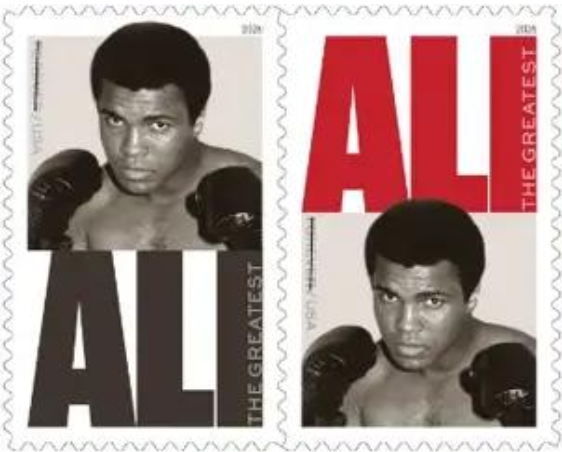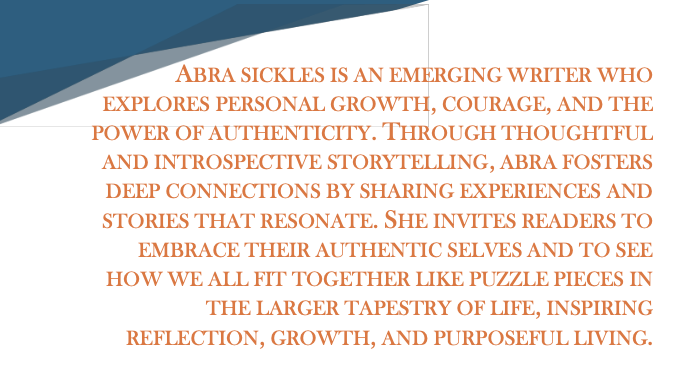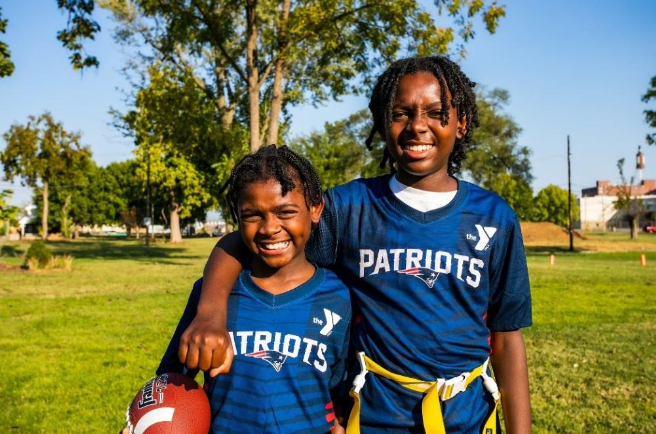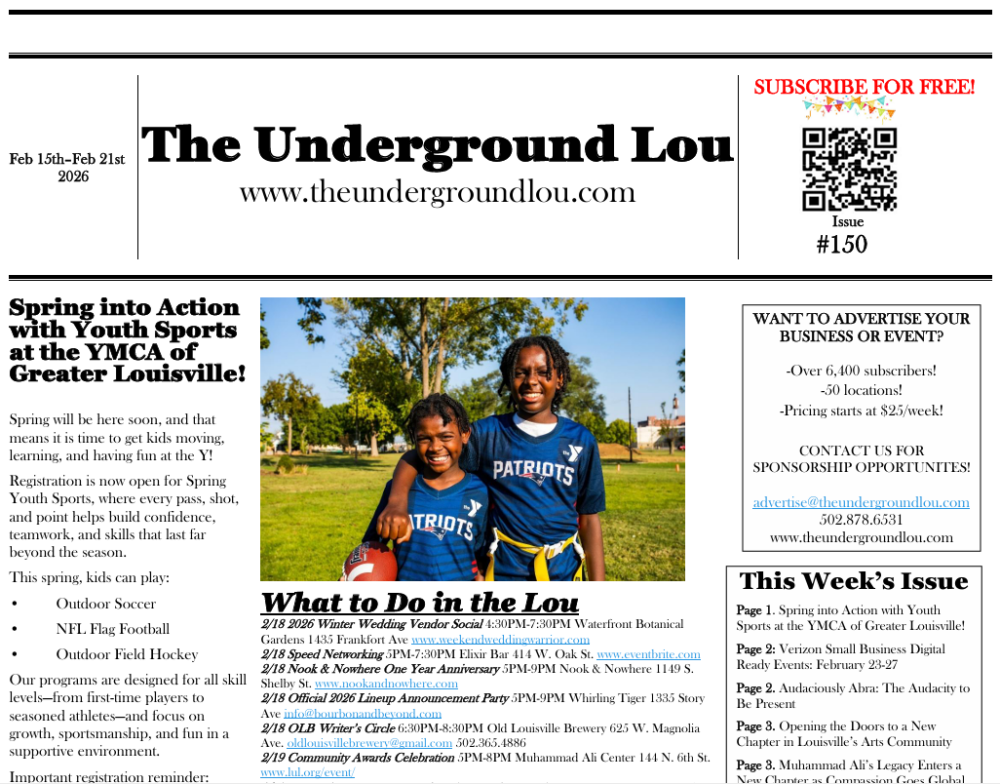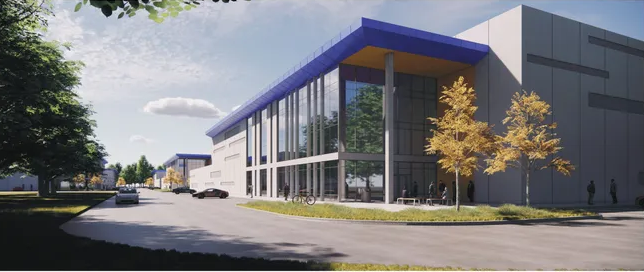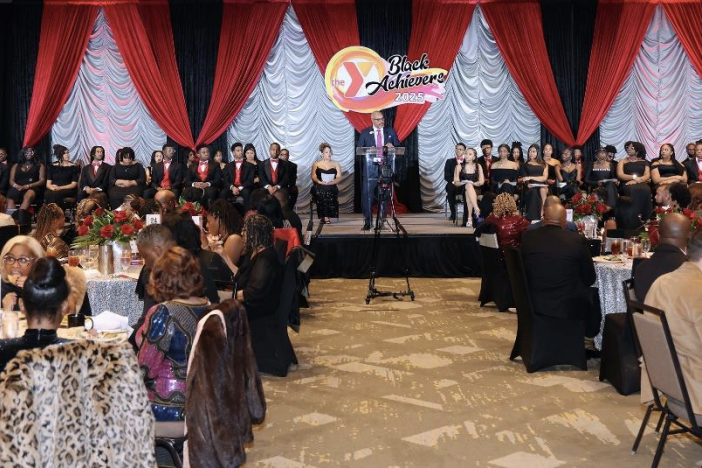Written by Donovan C. Taylor, MBA, JD
“A people without the knowledge of their past history, origin and culture is like a tree without roots.” Marcus Garvey’s words remind us that history grounds identity, and identity grounds purpose. For young people, especially in communities facing cycles of violence, learning and understanding history is more than education — it is prevention.
Youth violence is often rooted in disconnection — from self, from community, from opportunity. Local history bridges those gaps. It provides context for present struggles, offering lessons from the past that can guide better decisions today. Understanding history helps young people avoid repeating generational mistakes and instead build upon the strengths, resilience, and triumphs of their communities.
Local history also teaches the origins of systemic injustices. By studying discriminatory practices like redlining, urban renewal, and biased policing, youth gain insight into the structural causes of poverty and violence. This knowledge empowers them to respond thoughtfully, perhaps by leading organizations much like the Student Non-Violent Coordinating Committee (SNCC) during the Civil Rights Movement — turning frustration into advocacy rather than conflict. Equally important, local history builds pride. When youth learn about their community’s landmarks, cultural contributions, and struggles for justice, they inherit a counter-narrative to stereotypes that devalue them. This sense of pride strengthens self-esteem and fuels civic engagement. Instead of feeling powerless, youth see themselves as leaders in a living story — capable of shaping safer, stronger futures.
History also forges bonds. A shared understanding of where a community has come from helps its members, young and old alike, unite around where it is going. Youth who feel connected to their neighborhoods are more likely to engage in positive, prosocial activities and less likely to resort to violence. Even culture today — music, media, and entertainment — can be reframed through historical understanding. While some argue current culture promotes negative behaviors, local history can highlight traditions of resilience, creativity, and collective action. These stories remind youth that their culture is not defined by outside stereotypes but by the rich legacy of their own people.
Family and community history, in particular, provide powerful reinforcement. Knowing the sacrifices and accomplishments of parents, grandparents, and ancestors gives young people a stronger sense of self, purpose, and responsibility. That grounding can help them resolve conflicts peacefully and make better choices.
Incorporating local history into schools, youth programs, and community spaces is not just educational enrichment — it is violence prevention. By rooting young people in their history, we nurture self-knowledge, pride, and responsibility, giving them the tools to grow into strong leaders and compassionate neighbors. Local history can be the grounding force that transforms cycles of violence into cycles of empowerment.
The West Louisville Neighborhoods History Tour was designed to share the great and varied history of the nine neighborhoods of the West End community in
Louisville, Kentucky. Its mission is to expand knowledge of local history, strengthen appreciation for local landmarks and amenities, and increase civic engagement. For youth, the Tour provides more than education — it offers identity, pride, and connection. By walking through the history of their own neighborhoods, young people can see themselves as part of a powerful legacy and a promising future.
West Louisville youth can benefit greatly from the Tour and similar programs, which foster leadership, positive decision-making, and conflict resolution — all key ingredients in violence prevention. By investing in initiatives like the West Louisville Neighborhoods History Tour, we do more than preserve our past — we empower our youth and safeguard our future.
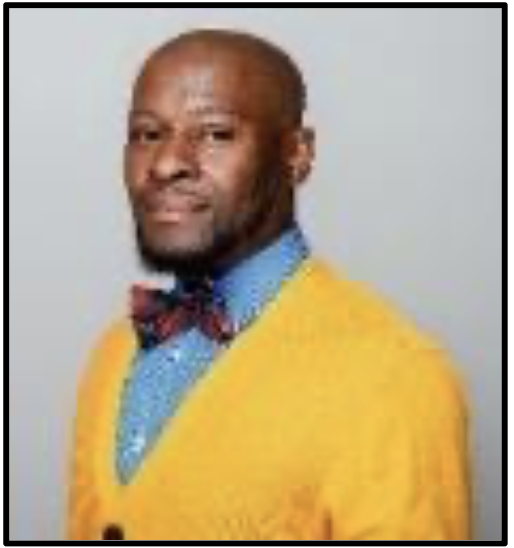
Donovan C. Taylor, MBA, JD dctayloresq@gmail.com
Donovan C. Taylor is a West End community native and resident committed to enhancing the area through collaborations with residents,community groups, businesses and other stakeholders. Graduate of Central High School, Florida A&M University (BS, MBA) and University of Kentucky College of Law (JD).



